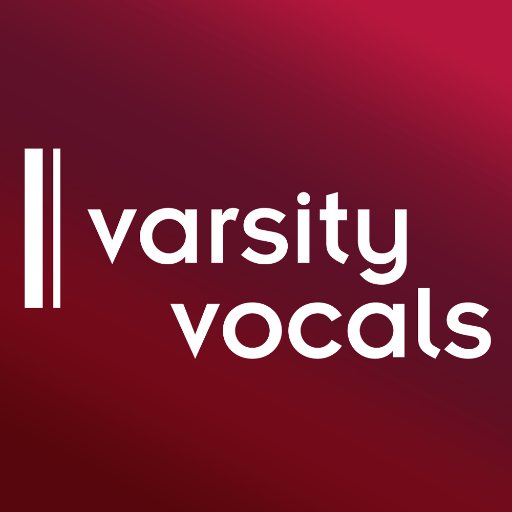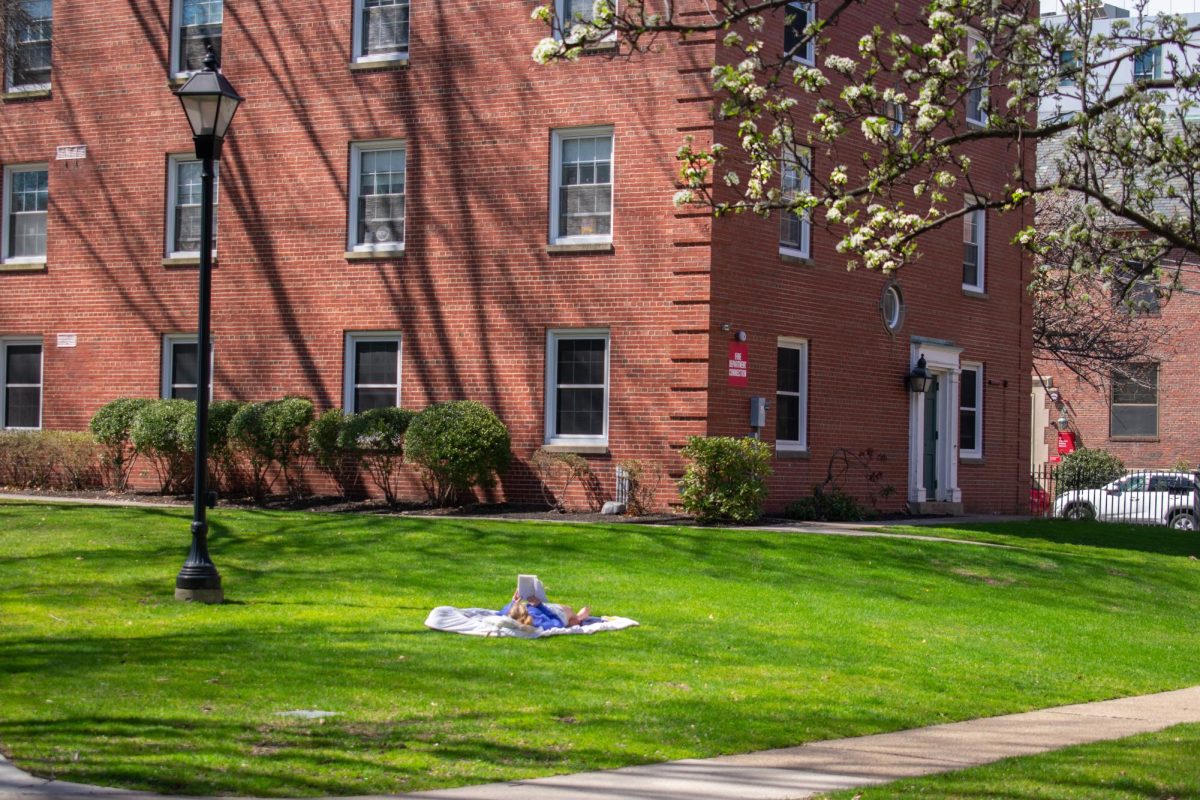The benefits of conference attendance for students are numerous, especially for students in research-focused disciplines, such as psychology, computer science, biology, chemistry, and so on. Students who make conference presentations early in their research careers gain not only experience but also academic credibility; additionally, conferences provide incredible networking opportunities to undergraduate students, who might not otherwise have a chance to meet other prominent researchers in their disciplines.
There are many students interested in attending an academic conference in order to augment their experience here at Simmons College. However, it is a common student concern that conference attendance rates are steep, often to such a degree that even registering for a conference, let alone attending it, is financially prohibitive.
Simmons does offer travel funds to its students, but those funds are limited to $500 per student per conference, with preference given to students who have not previously received a travel grant, and students who will be presenting their work at the conference in question.
While these grants offset the significant cost of attending conferences to some degree, they do not provide enough financial assistance to students who must also balance other monetary expenditures just to attend a single conference. These costs include registration, room and board, and travel.
For example, the widely well-regarded Simmons Leadership Conference, scheduled to be held in late March of this year, cost $599 for general registration prior to selling out—already $99 more than the maximum travel grant would cover.
Although many conferences feature lower student registration rates, the travel grants given by Simmons to its students still fall significantly short of the funds required to attend a single conference, especially for out-of-town conferences which necessitate air travel and lodging. Limiting students to the New England region has severe shortcomings as a solution to this financial problem, as many prominent student-friendly conferences require traveling cross-country.
Some conferences, including those in the field of computer science, do offer scholarships to cover the cost of attendance, but students are often required to pay up front, which many individuals cannot afford. Additionally, competition for these scholarships is fierce, and receiving one is not a definite outcome—not to mention that many conferences do not feature this sort of scholarship opportunity.
Academic liaisons within the Simmons community may budget for members of those departments to attend conferences, but depending on the student financial board, receiving funds by this route is not guaranteed. Other non-academic organizations may also require travel funds for competitions, performances, and so on, yet may be denied funding for these purposes on the grounds that they do not “benefit the entire Simmons community.”
Thus, funding conference attendance solely via the student activity fee may not be the most constructive course of action.
With regard not only to fair distribution of the collective student activity fund, as well as current student tuition rates, which do not seem poised to decrease at any point in the near future, increasing the maximum amount of aid granted to students for travel would alleviate the financial strain created by student conference attendance.
As travel grants currently stand, the funds dedicated to permit members of the Simmons community to attend conferences, regional and national competitions, and other events, are simply not sufficient to enable students of all financial backgrounds to be present at these gatherings.


















